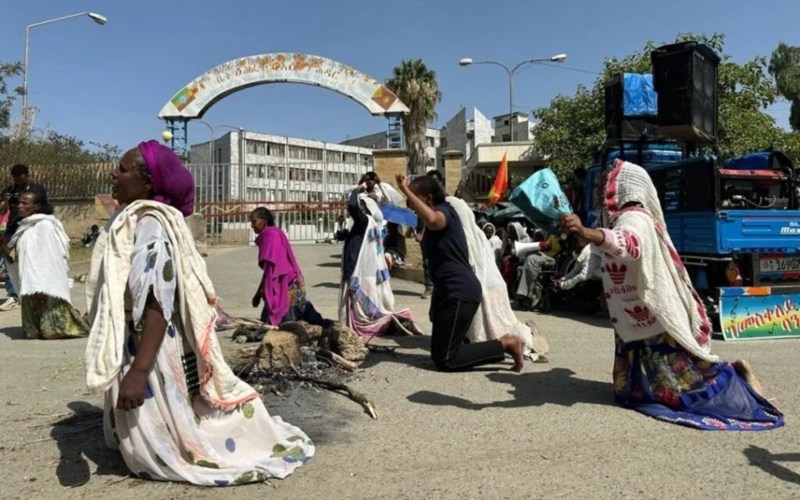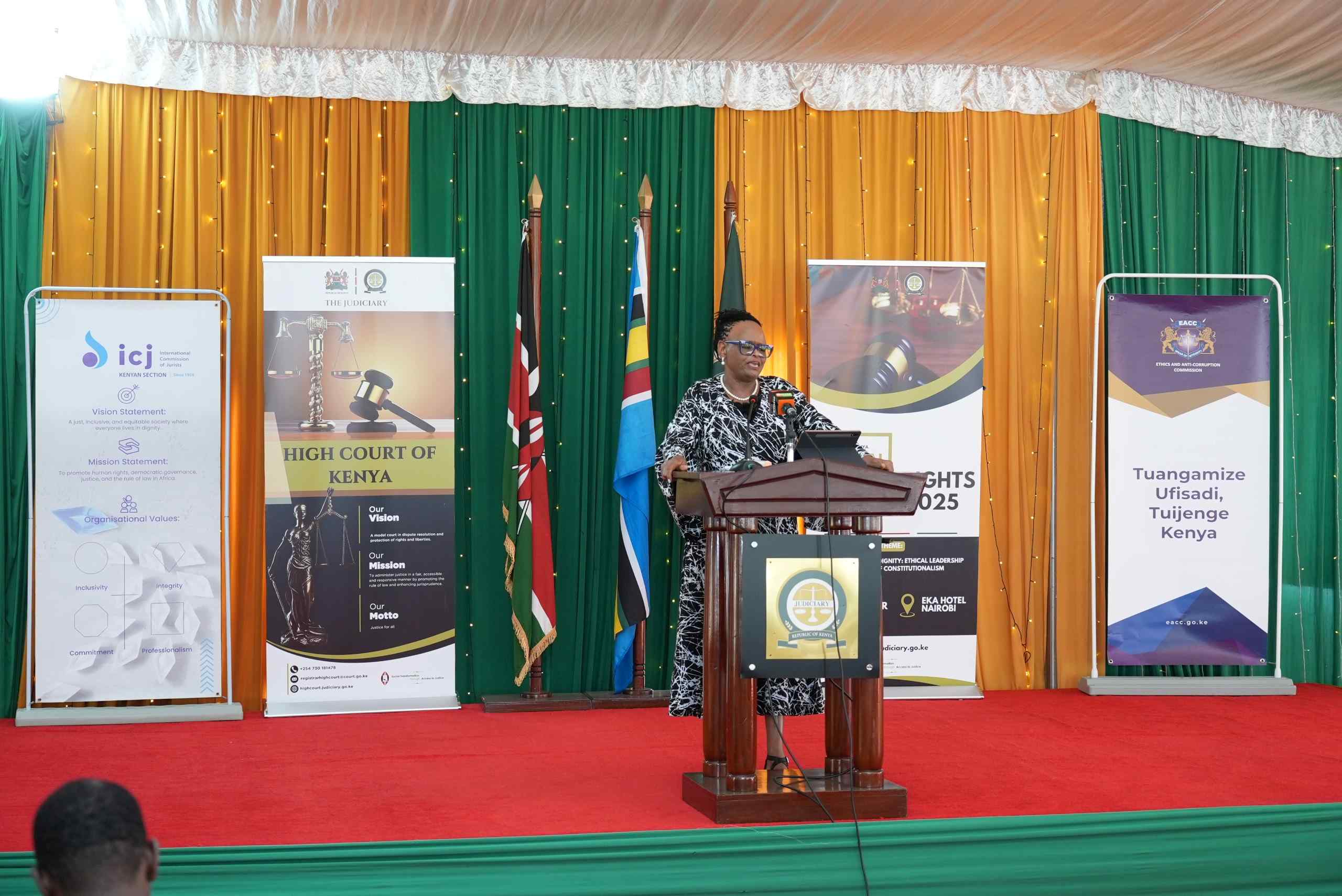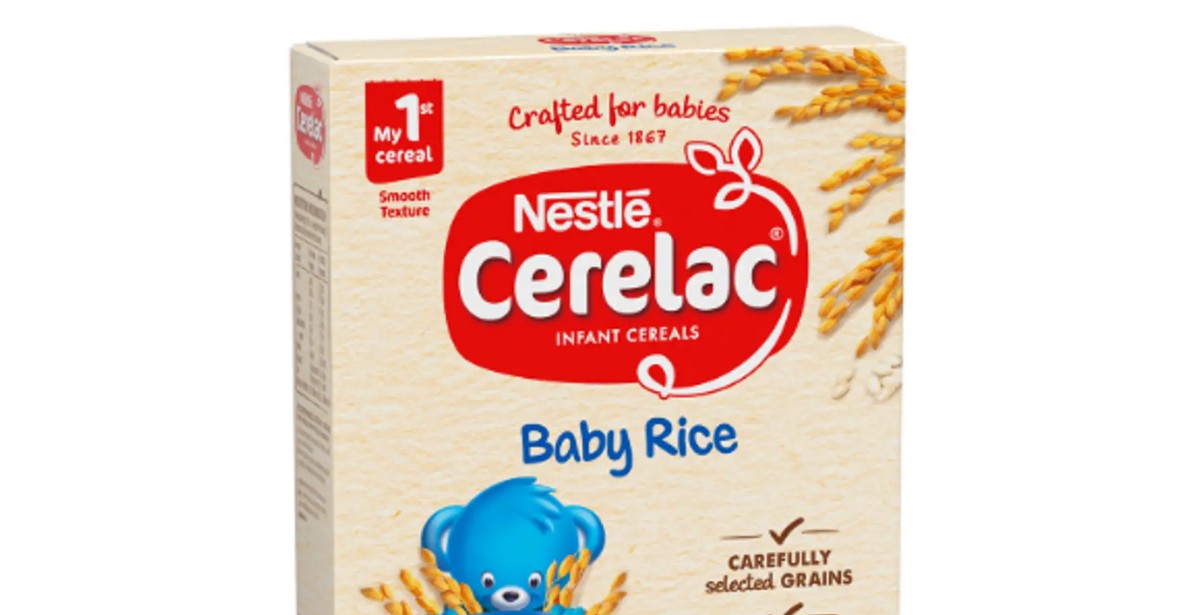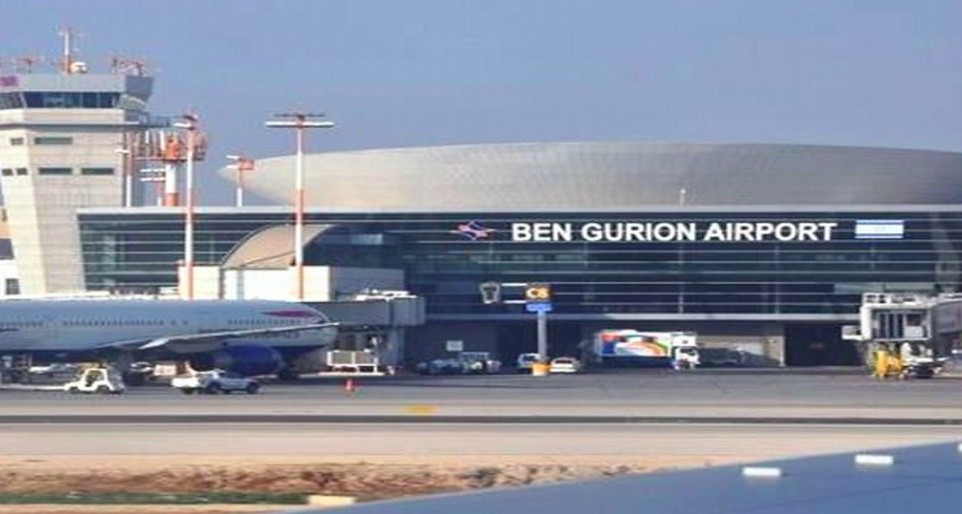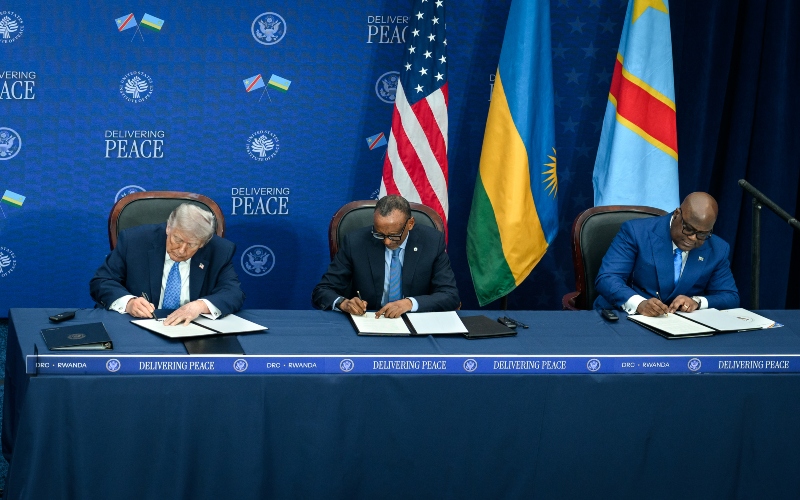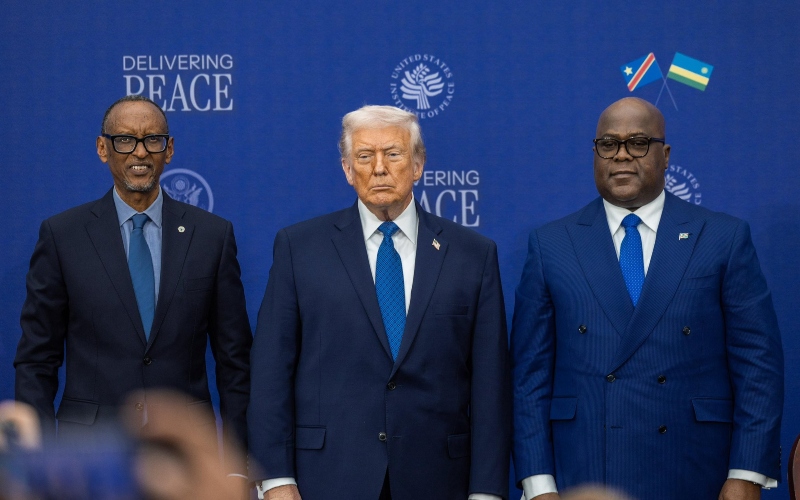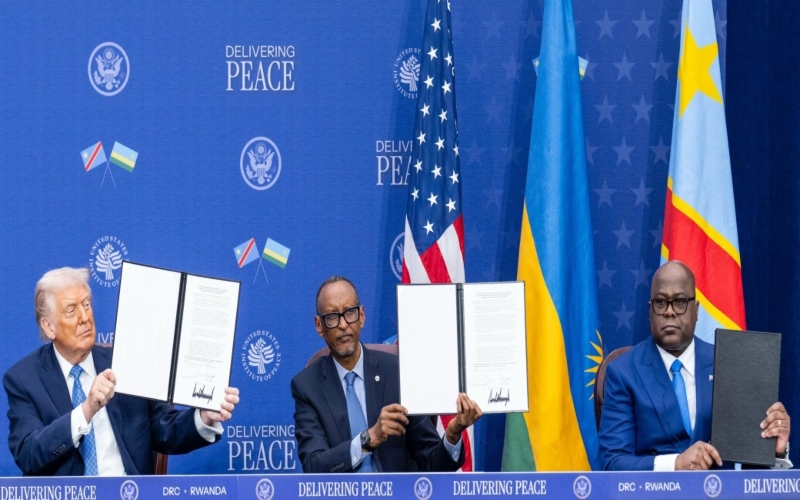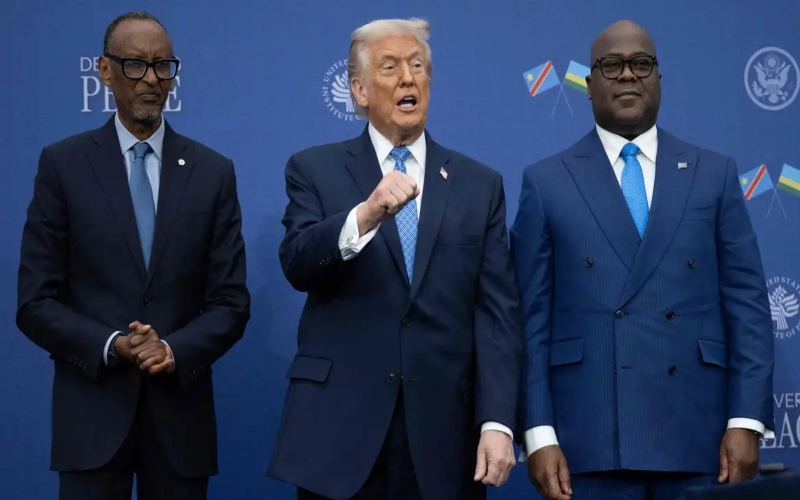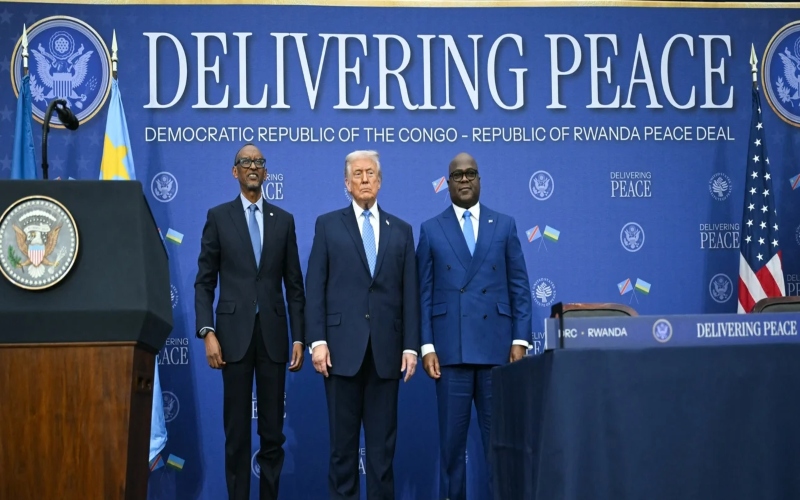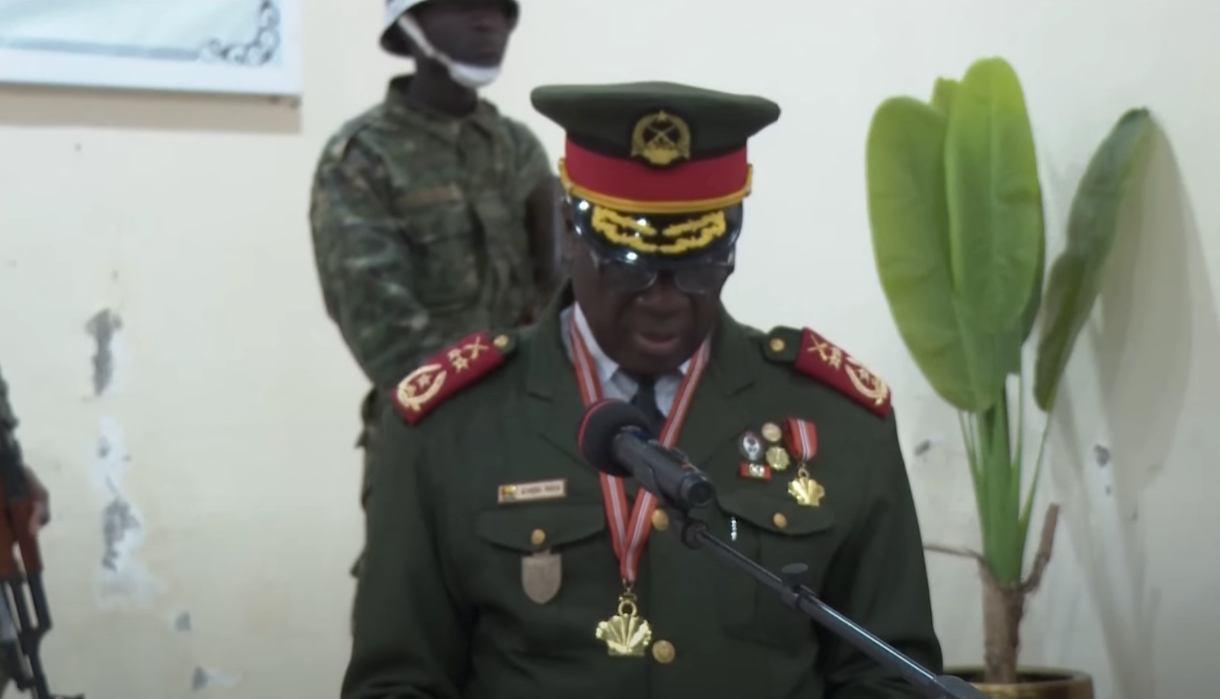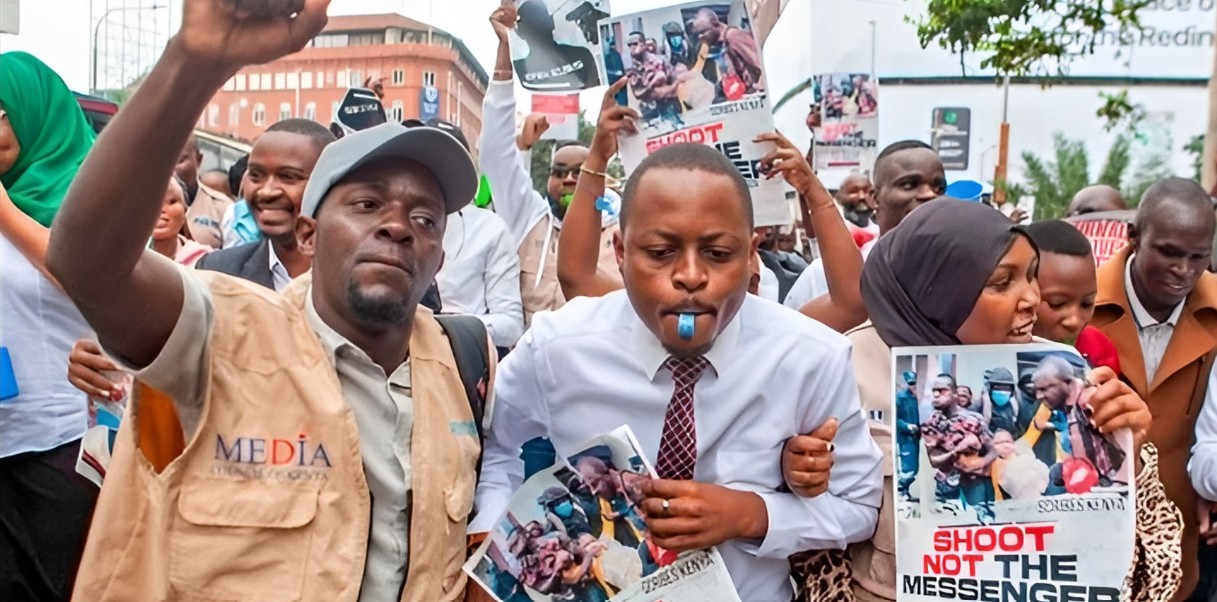Democratic Republic Of Congo
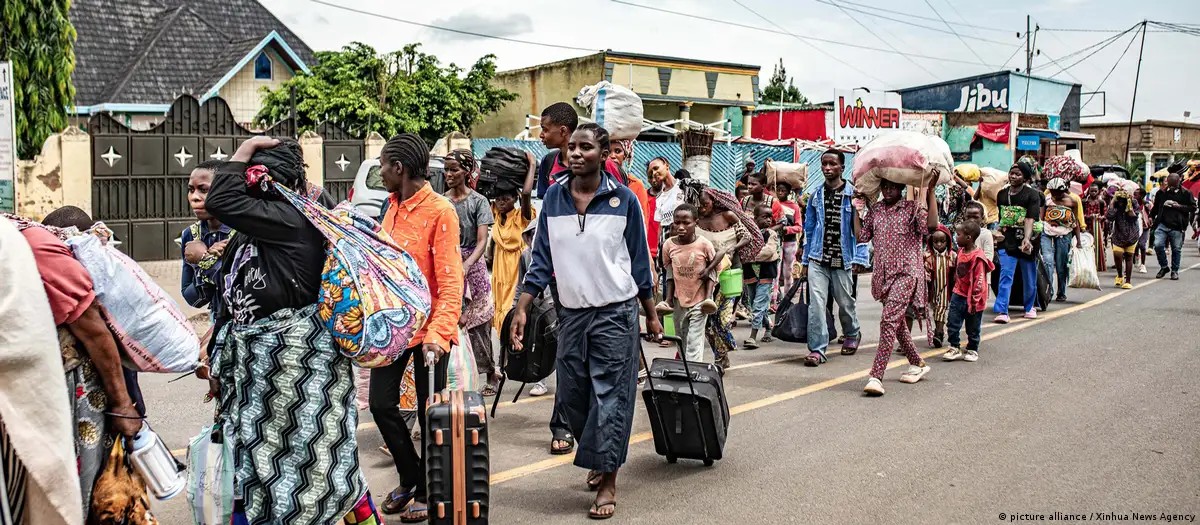
M23 rebels have captured Uvira in eastern DR Congo, prompting Burundi to seal its border and tens of thousands to flee. Regional tensions are rising despite a recent US-brokered peace deal.

The M23 rebels are negotiating separately under Qatar's mediation and will not participate in the Washington ceremony.

The accord draws an unusually broad cast. Qatar, guarantor of a preliminary ministerial deal, will be present. So too will Kenya's William Ruto in his capacity as EAC chair; Angola as AU chair; Burundi and Uganda, both entangled in the conflict; the African Union Commission; the UAE; and Togo, the AU's designated special envoy.
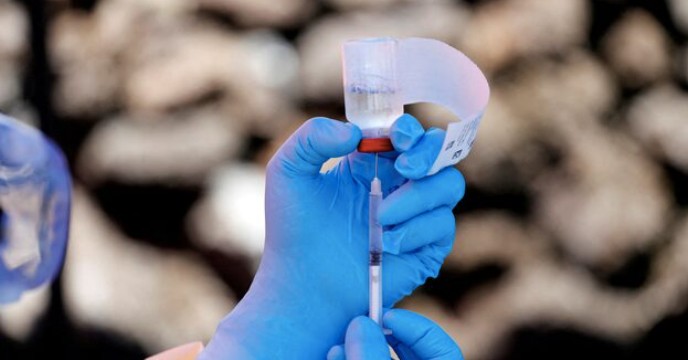
The DRC has declared its 16th Ebola outbreak over in Kasai Province after 42 days without new cases, as WHO confirms 64 infections, 45 deaths and continued surveillance.
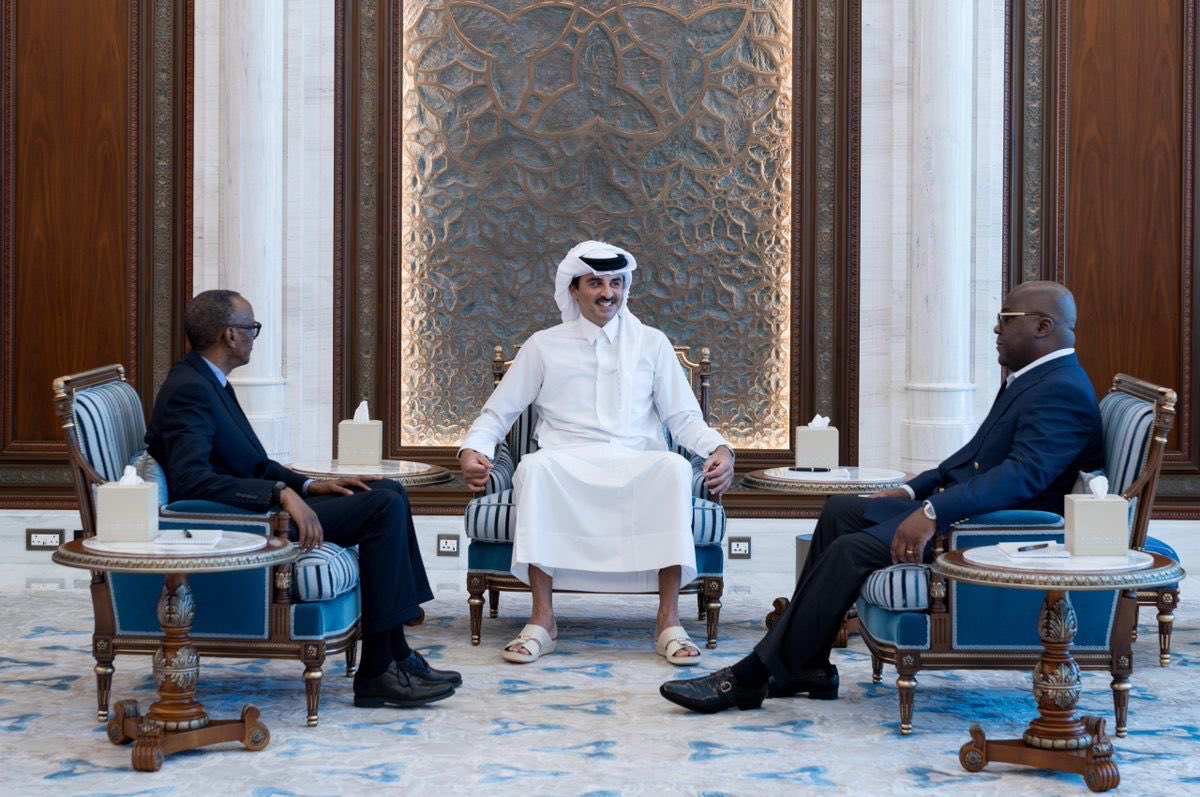
Next week's meeting between Congo's President Felix Tshisekedi and Rwanda's President Paul Kagame is expected to seal a peace deal brokered by US President Donald Trump in June.
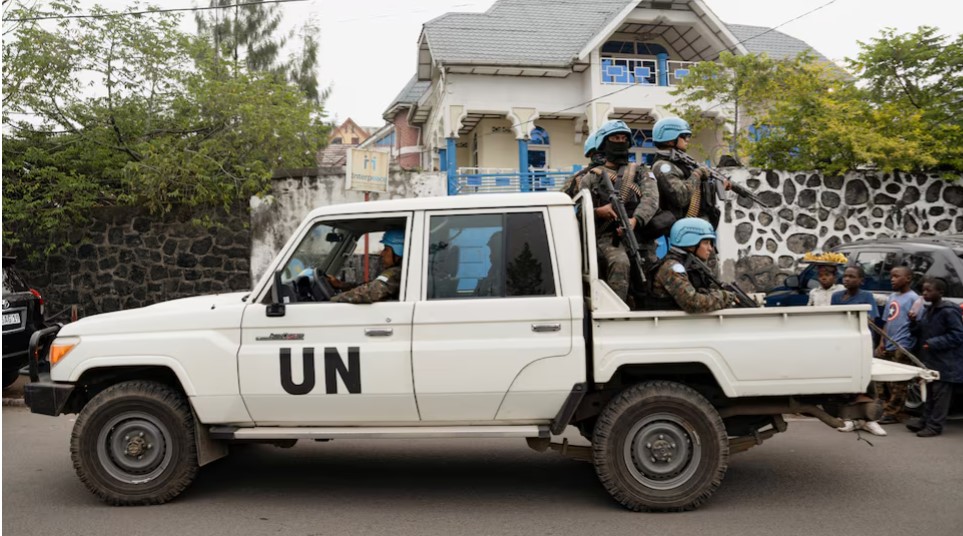
Of the 89 victims, 20 women, some of whom were killed while receiving care at a maternity ward inside a health centre operated by the Catholic church, and an undetermined number of children.

The UN extended its condolences to the affected families and communities, stressing that attacks on civilians, particularly medical facilities, may amount to war crimes and serious violations of international humanitarian law.
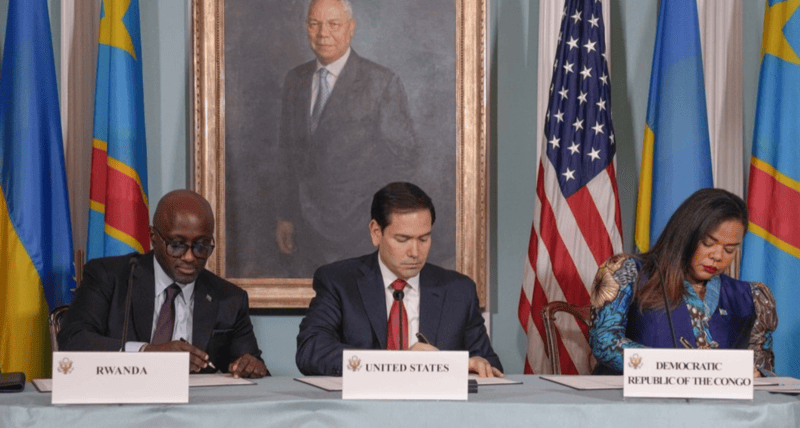
The Washington-brokered peace agreement seeks to rebuild trust, address persistent disputes, and strengthen security and bilateral ties between Rwanda and DR Congo.
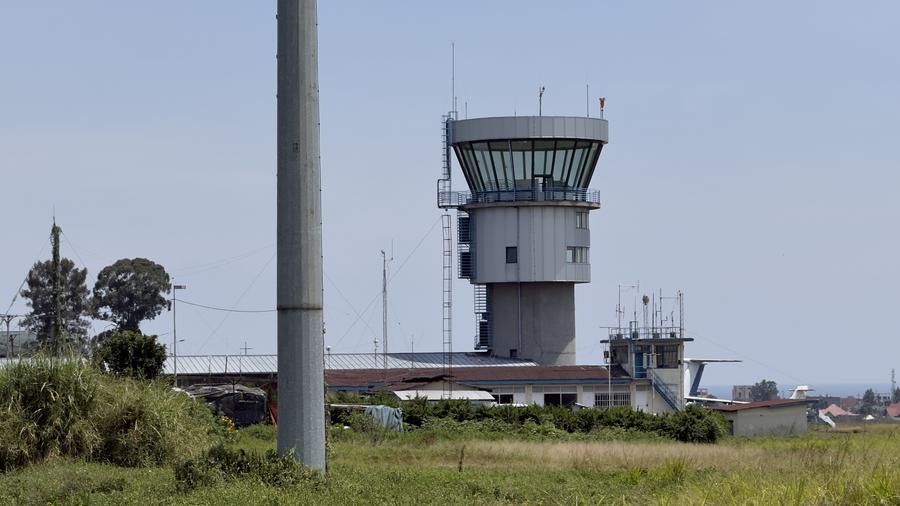
Goma International Airport was closed in January at the height of renewed fighting in eastern DR Congo. At the time, M23 declared the facility unsafe.
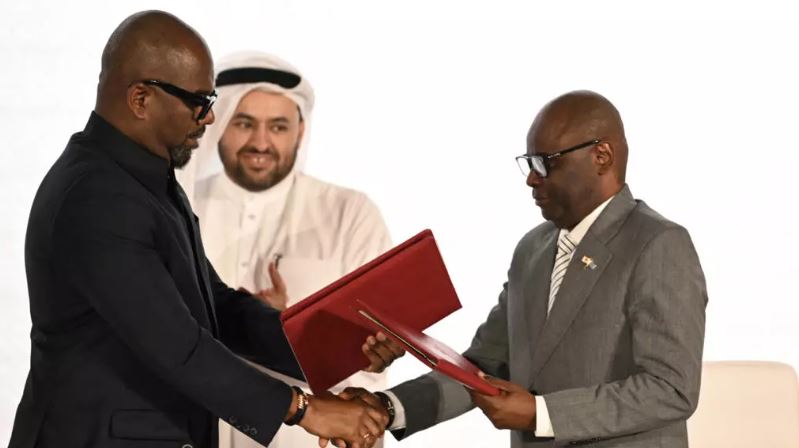
The agreement, backed by Qatar and the United States, sets out eight implementation protocols, including ceasefire monitoring and prisoner exchanges and lays the groundwork for restoring state authority and facilitating the return of displaced populations.
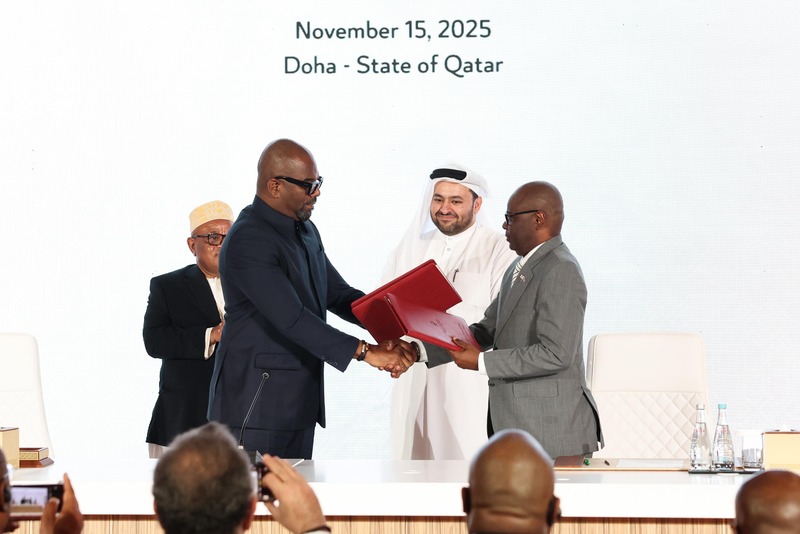
Qatar's chief negotiator, Mohammed Al-Khulaifi, hailed the deal as "historic," while cautioning that lasting peace would require "confidence, mutual respect and sincere commitment."
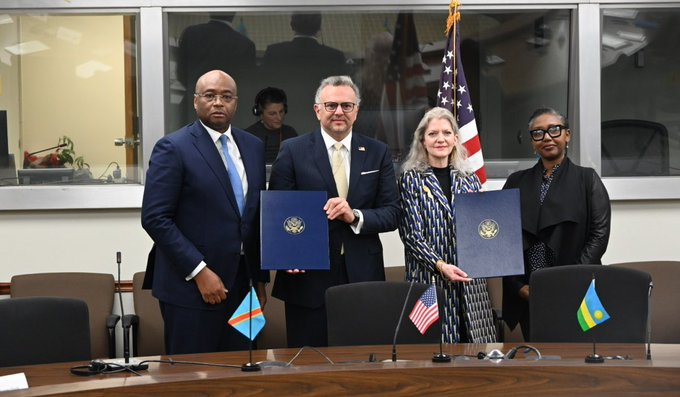
The agreement, dubbed the Regional Economic Integration Framework (REIF), was overseen by Under Secretary of State for Political Affairs Allison Hooker and Senior Advisor for Africa, Massad Boulos.
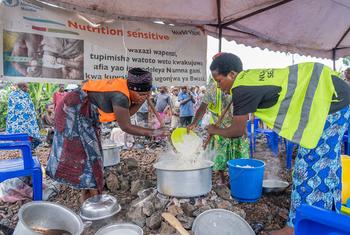
The alert follows the release of a report by UN-backed food insecurity experts at the Integrated Food Security Phase Classification platform (IPC), warning that nearly 25 million people are experiencing high levels of food insecurity, denoted as IPC3 on a scale of one to five, with five indicating famine.
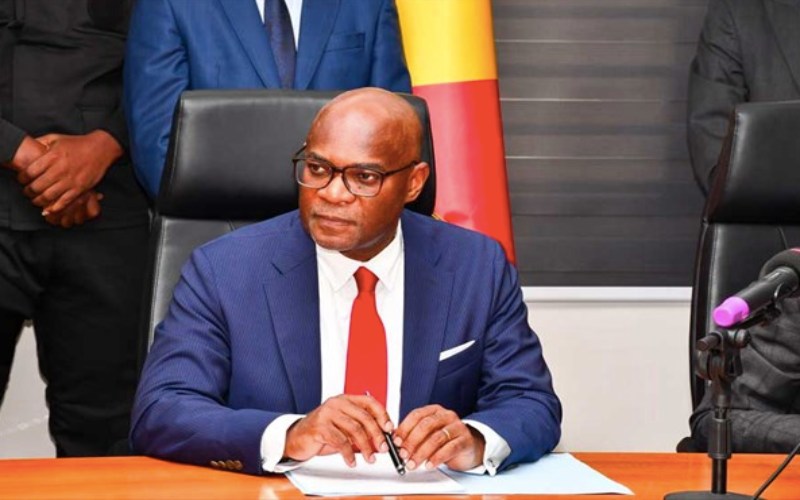
The Basin, which stretches across six Central African nations, plays a vital role in absorbing carbon dioxide and regulating global temperatures, making it central to international climate efforts.
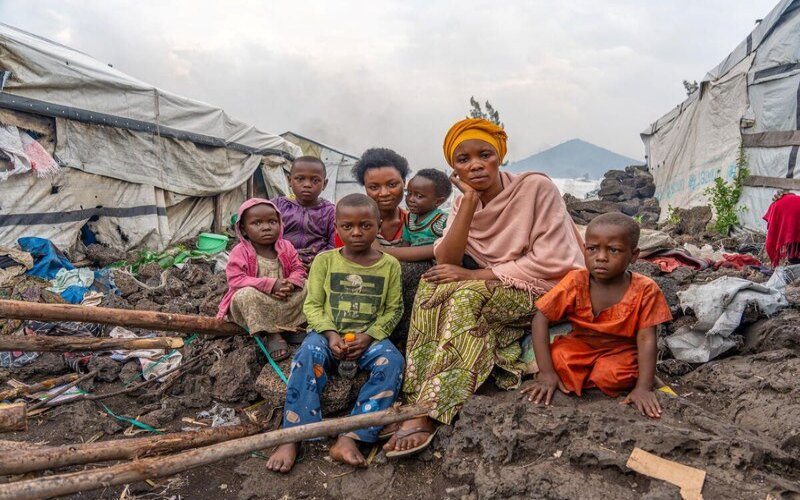
The situation is particularly severe in the eastern provinces, where armed conflict, population displacement, and limited access for humanitarian aid continue to deepen the crisis.

Education not only delays the age of marriage but also empowers girls to make informed decisions about their futures. The situation remains the same based on this 2022 study as girls with little or no education are likely to be married early.
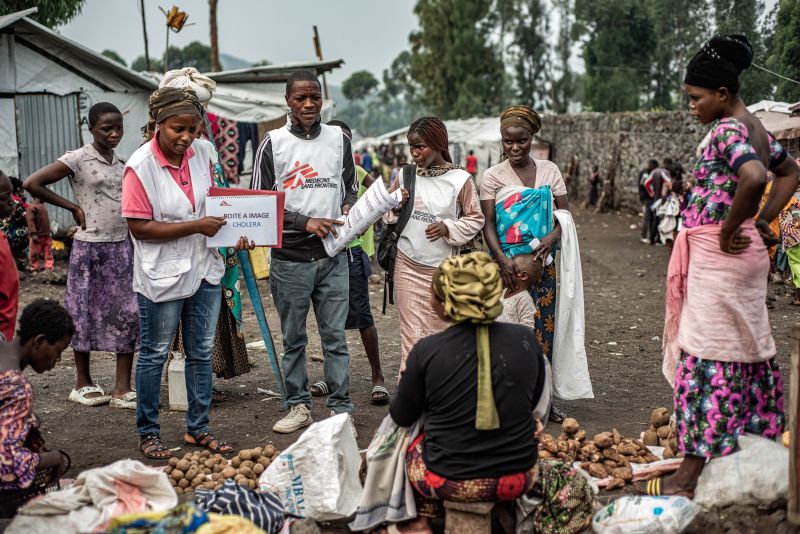
The situation continues to deteriorate and is spreading to new health zones, including provinces that were previously not endemic for cholera. Floods, conflict, displacement, and inadequate sanitation and water systems are all fuelling the epidemic.

The rebel coalition accuses Kinshasa of launching coordinated attacks despite a recent Doha peace deal and vows to defend civilians.
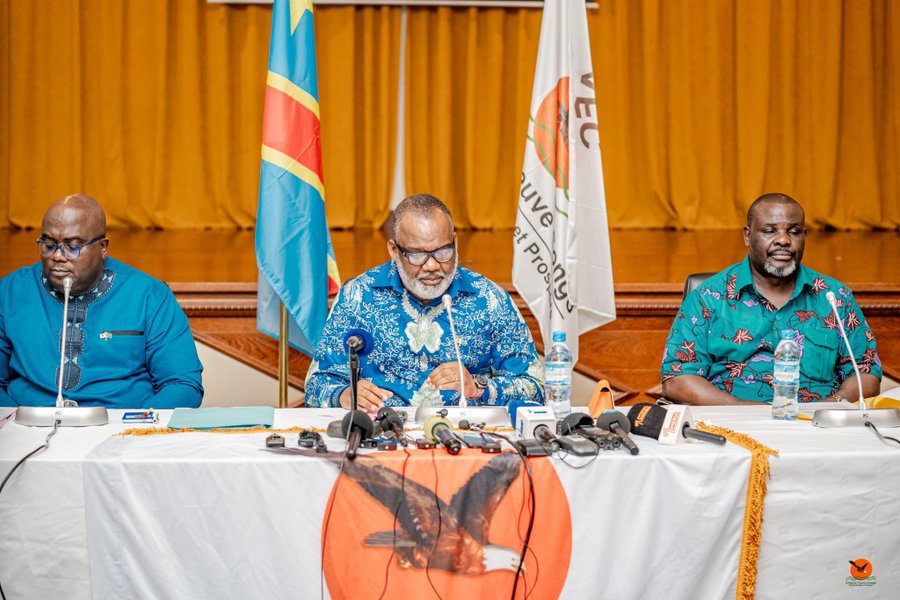
At a press conference in Goma on Thursday, Corneille Nangaa, political coordinator of the Congo River Alliance/M23, said the mine was not operational when his forces took control in May.
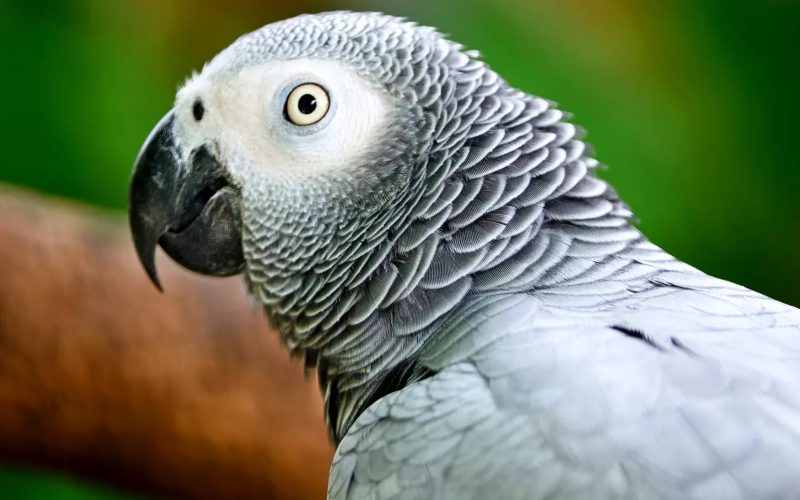
The birds were freed in Maniema Province by the Lukuru Foundation, a local conservation group that has rescued, treated and reintroduced hundreds of parrots into their natural habitats.
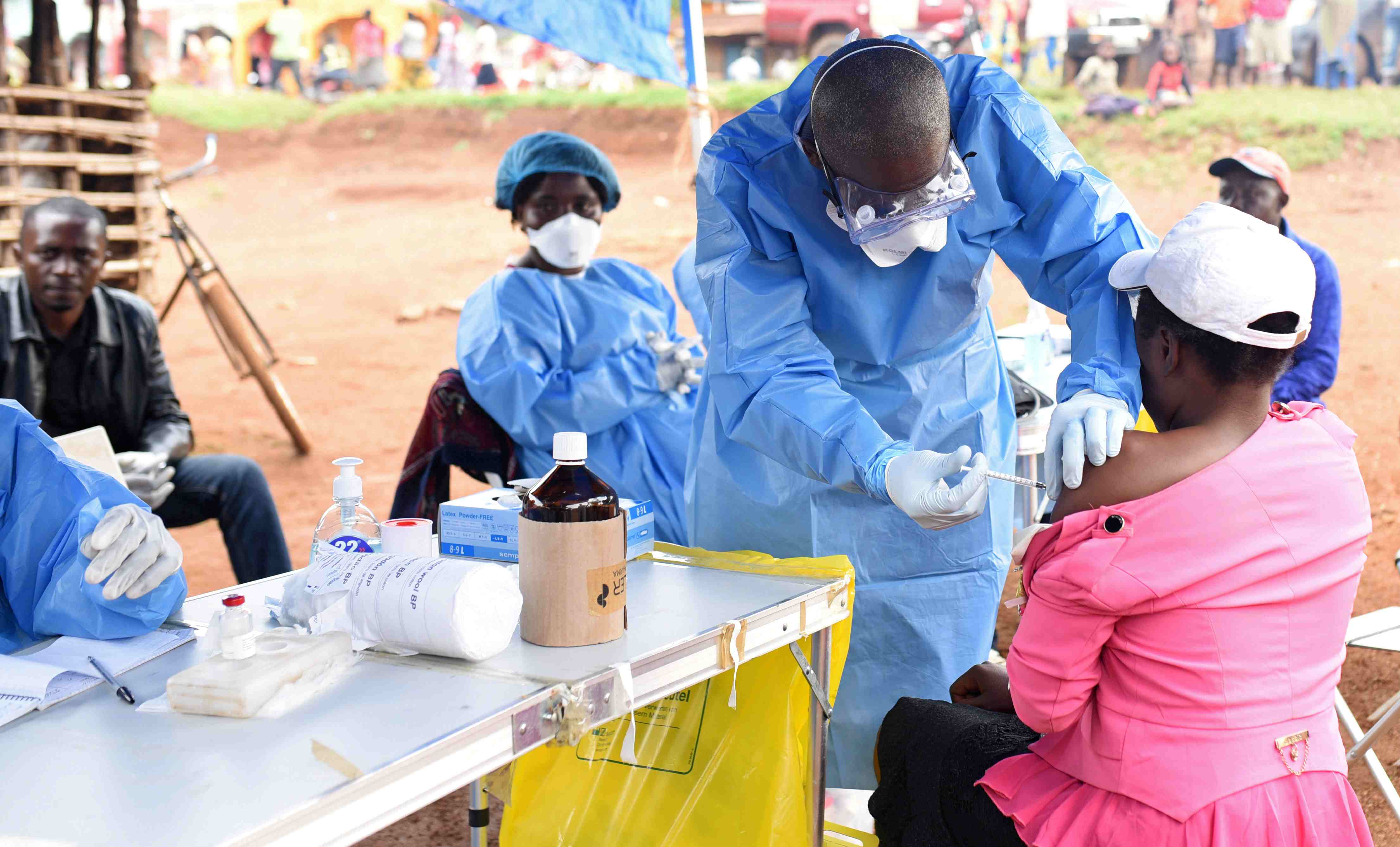
Since the outbreak was declared on September 4 in Bulape, a health zone in the central province of Kasai, a total of 64 cases have been reported, including 53 confirmed and 11 probable.

A total of 43 people have died, with most of the cases and deaths concentrated in Bulape and Dikolo, which together account for more than three-quarters of all infections.
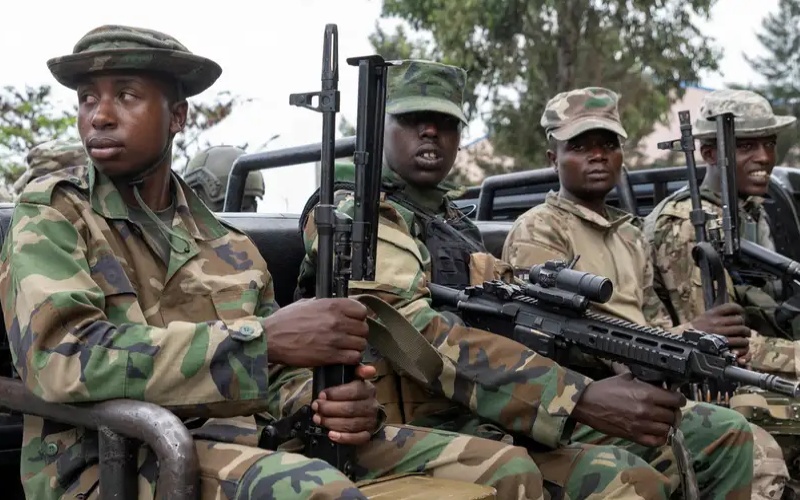
The attacks allegedly involved drones and Sukhoi-25 fighter jets, followed by coordinated ground assaults.
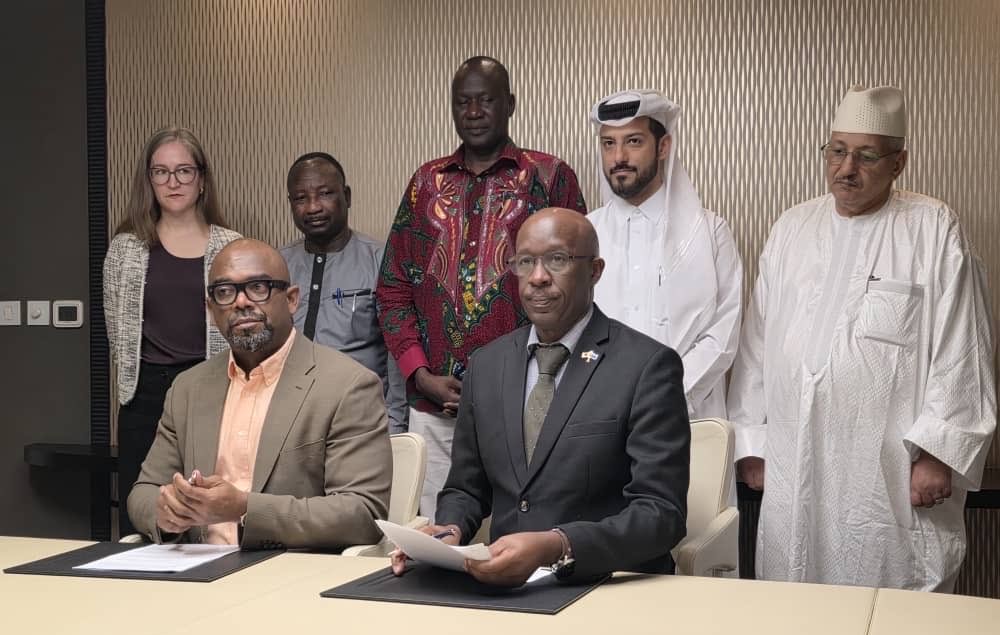
The agreement was signed on Tuesday, building on the Declaration of Principles signed in Doha, Qatar, on July 19, 2025, which laid the foundation for a pathway toward a comprehensive peace agreement.
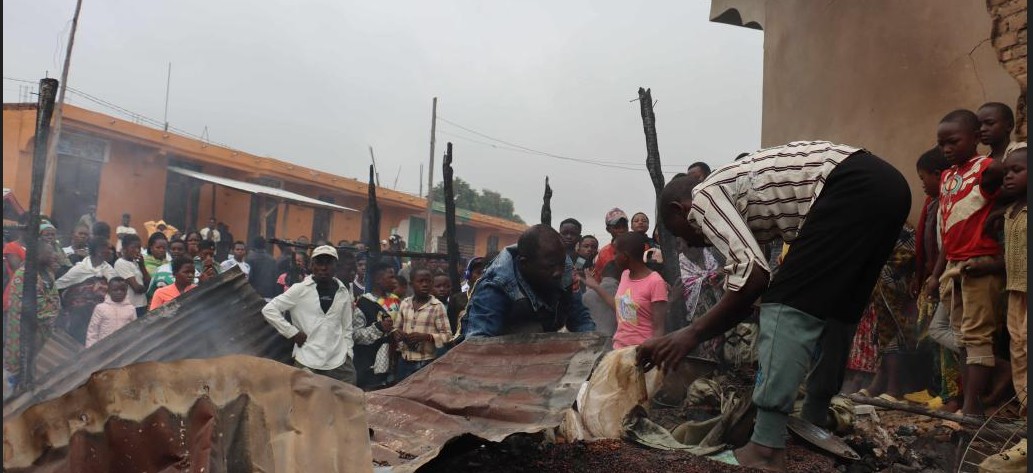
Reports indicate that the rebels posed as members of the Congolese army to avoid detection, before using guns, knives and clubs to target residents.

In the Democratic Republic of Congo, M23 rebels have threatened to overthrow the government in Kinshasa. But experts say that the escalating war could be nothing more than a means of influencing peace talks in Doha.

If no new cases are reported, DR Congo will commence a 42-day countdown to declare the end of the outbreak, once the remaining patients are discharged.

A September 2025 assessment by the ICRC found that 85 per cent of facilities lack essential medicines and nearly 40 per cent have lost health-care staff.
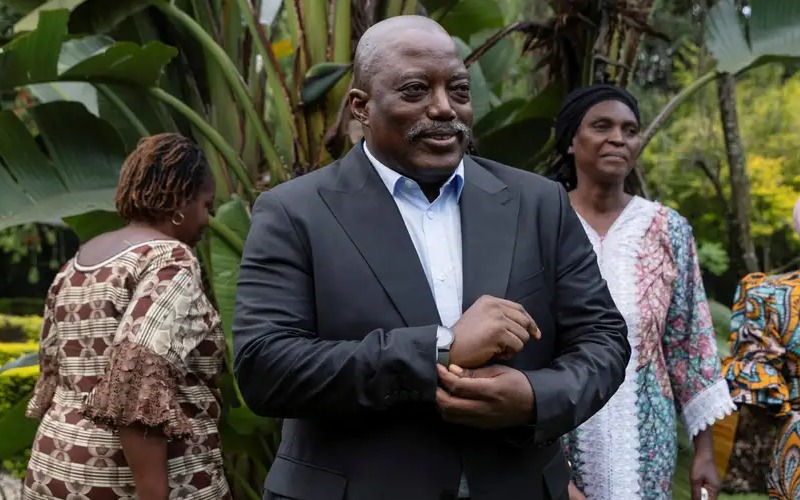
Joseph Kabila remains a prominent figure in the DRC, which he led from 2001 to 2019. The death sentence imposed on him by a military court on charges of supporting M23 rebels has sparked concern in the volatile country.
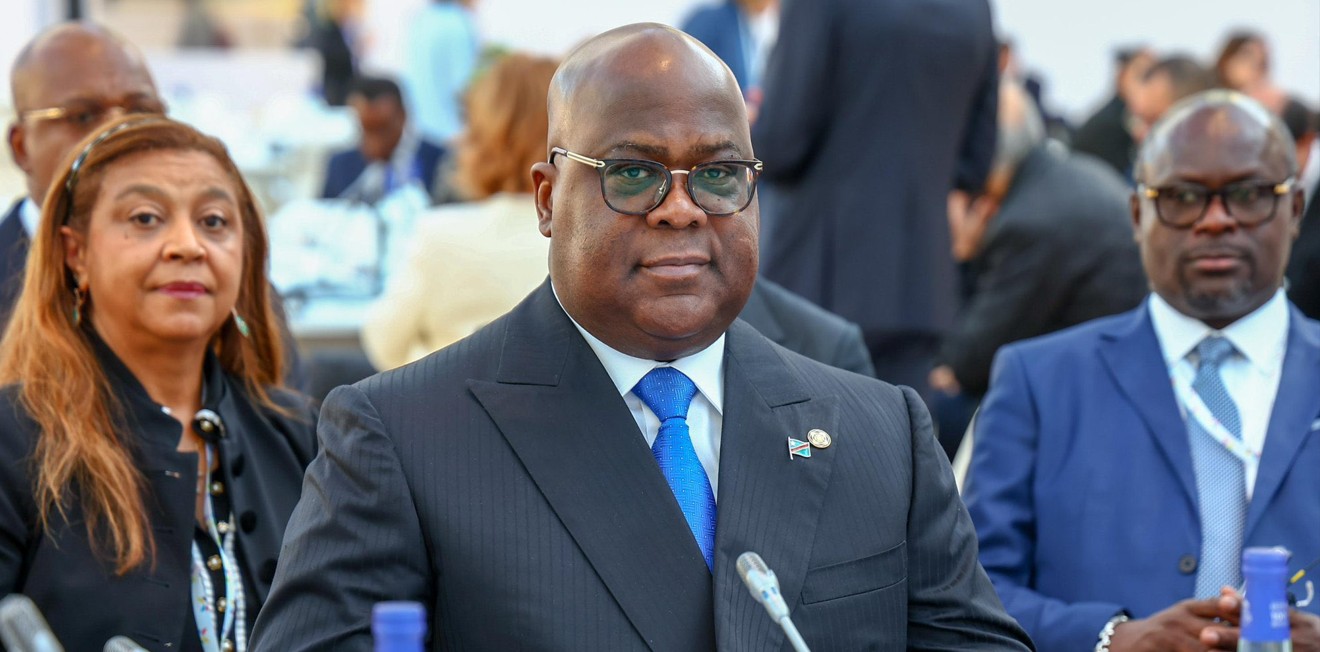
DRC and Rwanda reaffirmed their commitment to the CONOPS’ desired end state, which includes eradicating the FDLR threat in the DRC, lifting Rwanda’s defensive measures, restoring the DRC’s authority, and rebuilding trust between the two countries.

The army and its archrival -the M23 have both been reinforcing military positions and blaming each other for flouting peace accords in the latest escalation of violence in Eastern DRC.
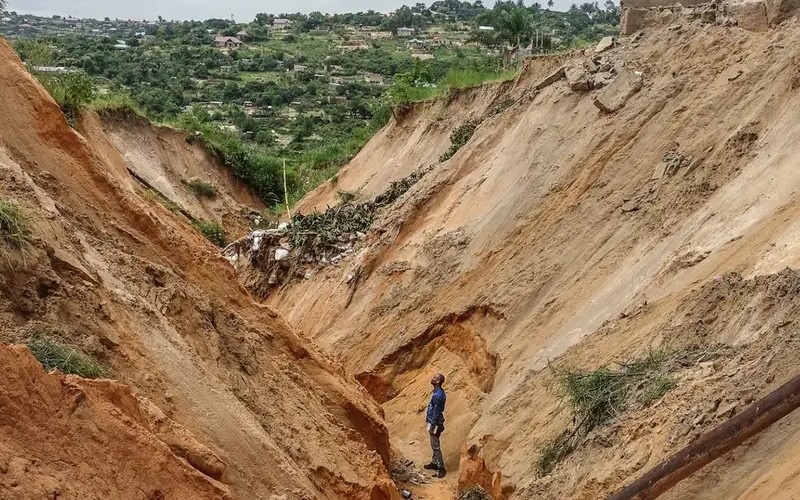
Hundreds of thousands of people are at risk as giant trenches, known as "gullies," tear through the Democratic Republic of the Congo. Researchers attribute the growing crisis to climate change and poor urban planning.
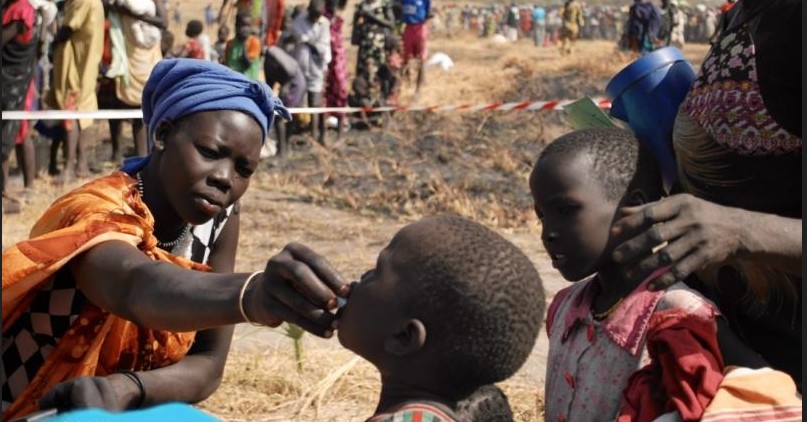
The outbreak has overwhelmed health centres already crippled by conflict, with facilities destroyed before the army retook the state from the Rapid Support Forces (RSF) in March.
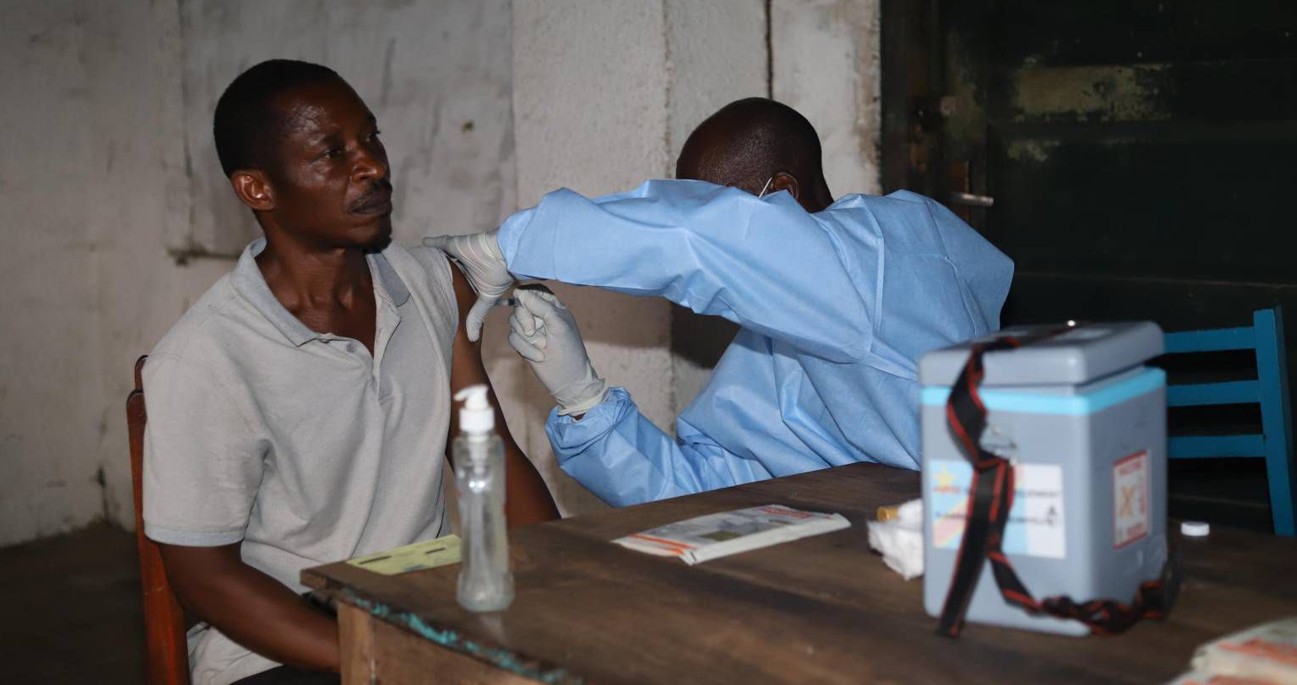
The DRC Health Ministry reports 32 suspected Ebola cases, including 20 confirmed infections and 16 deaths, with a new case 70 kilometres from Bulape raising concerns of wider transmission.

Civil society groups in the region say the actual death toll may be higher and have blamed government negligence for the tragedies.

Local news outlets reported a death toll of 86, including 60 students. The DRC government has not yet released an official statement on the accident.

Congolese soldiers arrived on Tuesday morning to repel the attackers, but by then the assault had ended, army spokesperson Lieutenant Marc Elongo confirmed.
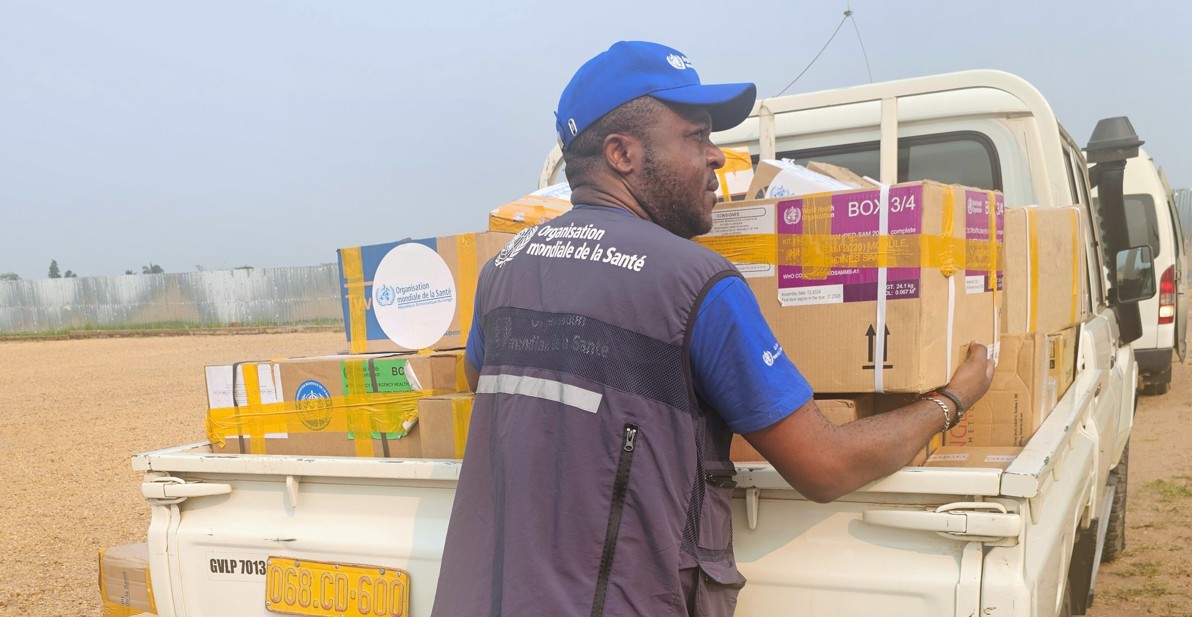
Last week, DRC authorities reported that at least 15 people had died in Kasai following the outbreak of Ebola, a highly contagious haemorrhagic fever that often causes both internal and external bleeding.

President Tshisekedi must tread carefully, as Kabila’s remaining loyalists, though fewer in number, could grow bolder in challenging his leadership.
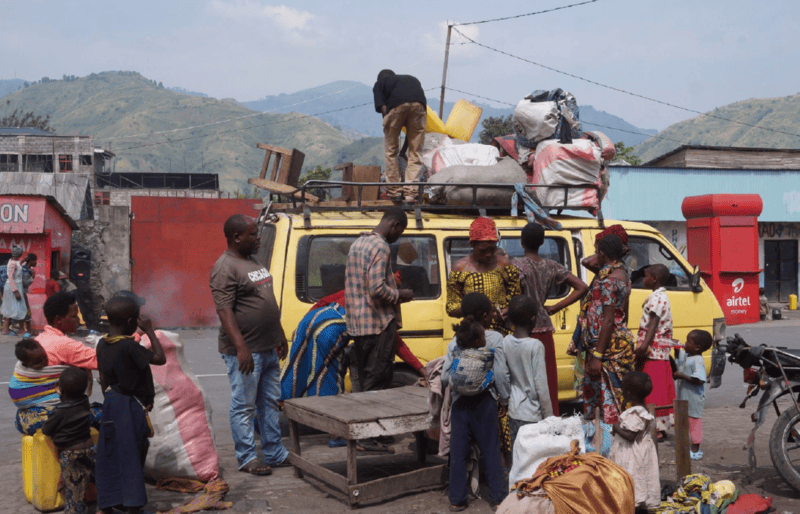
The dramatic liquidity crisis currently impacting the UN and its global partners has already prevented a high-level human rights probe into the DRC emergency created in February from getting underway.
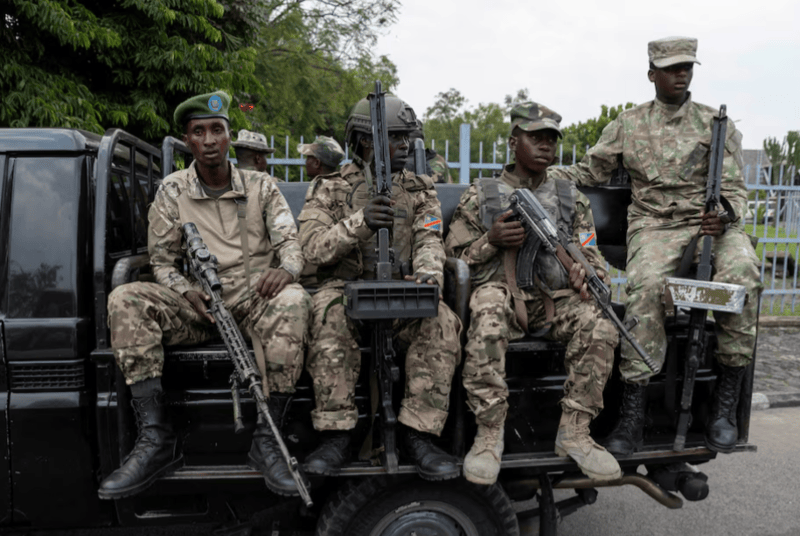
Forces of the Democratic Republic of Congo and M23 rebels committed "horrific" violations that could amount to crimes against humanity, according to the UN.
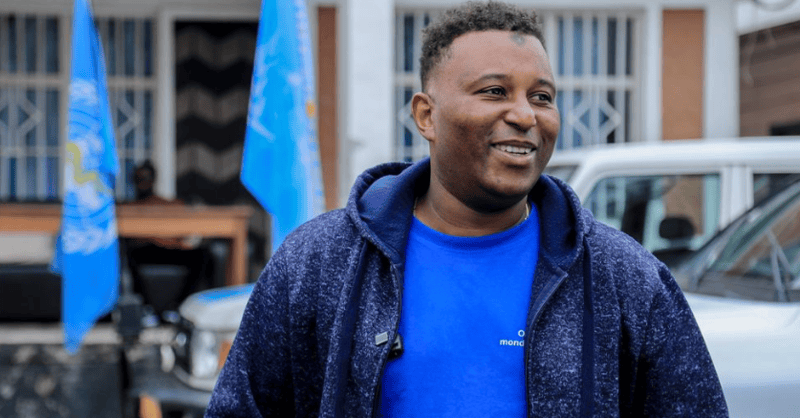
Gunfire tore through the dark. Night after night, the 44-year-old physician from Guinea clung to the hope that the besieged city would hold somehow. Then, one morning in late January, the call came: he and the remaining international staff had to be evacuated immediately.
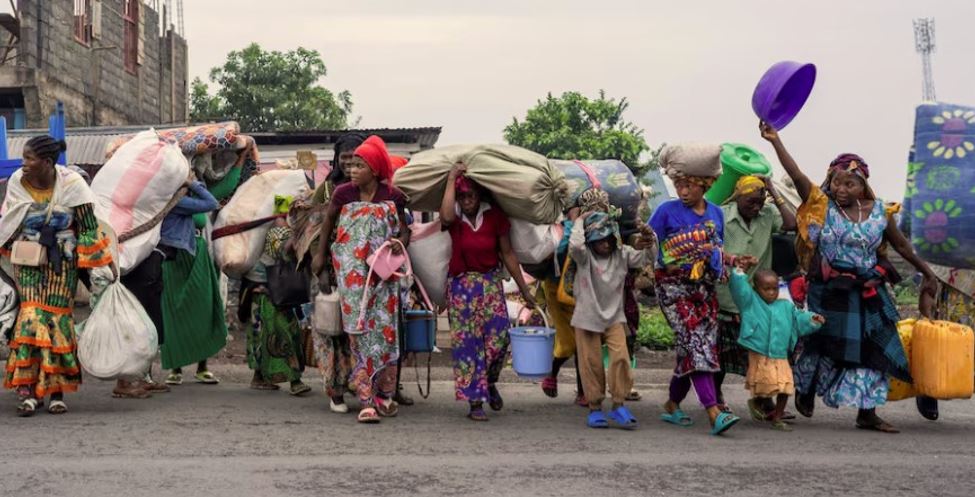
The move forms part of a series of measures aimed at ensuring adherence to the peace accord, also referred to as the Washington Accord, which commits the two states to work with regional and international partners to promote stability, security and development in the region, recognising that peace and prosperity are interdependent.

In a statement on Thursday, the DRC Ministry of Public Health reported 28 suspected cases, including four health workers who died while treating patients.
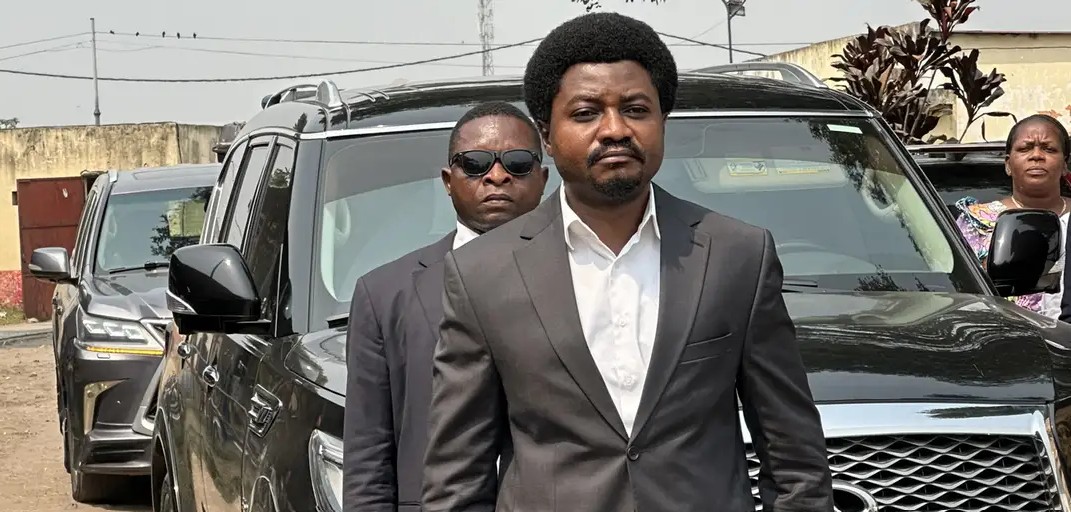
Mutamba vowed to come down hard on embezzlers. Now, he has been sentenced to three years, with hard labour, for allegedly stealing funds intended for the construction of a prison.
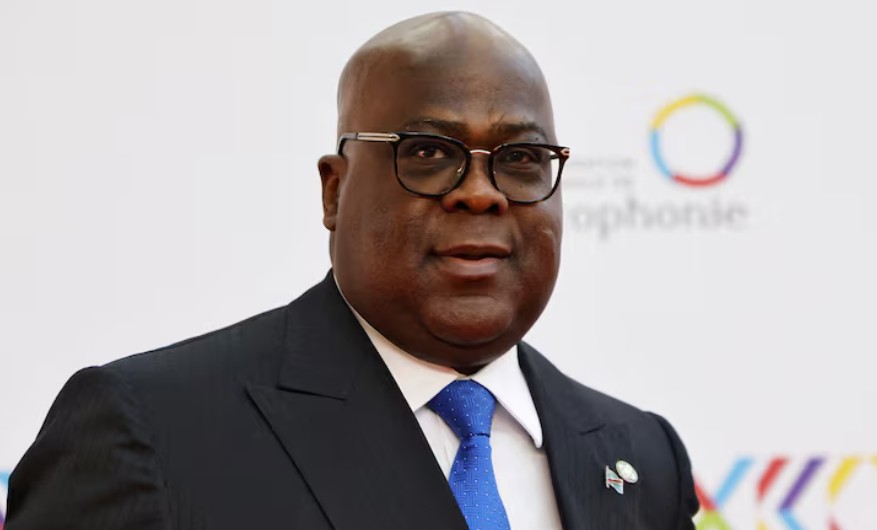
The Washington-brokered peace agreement signed with Rwanda in late June is in its implementation phase and the Qatar-mediated talks resumed on August 19 after Kinshasa and the rebels missed the August 18 deadline to sign a peace agreement.
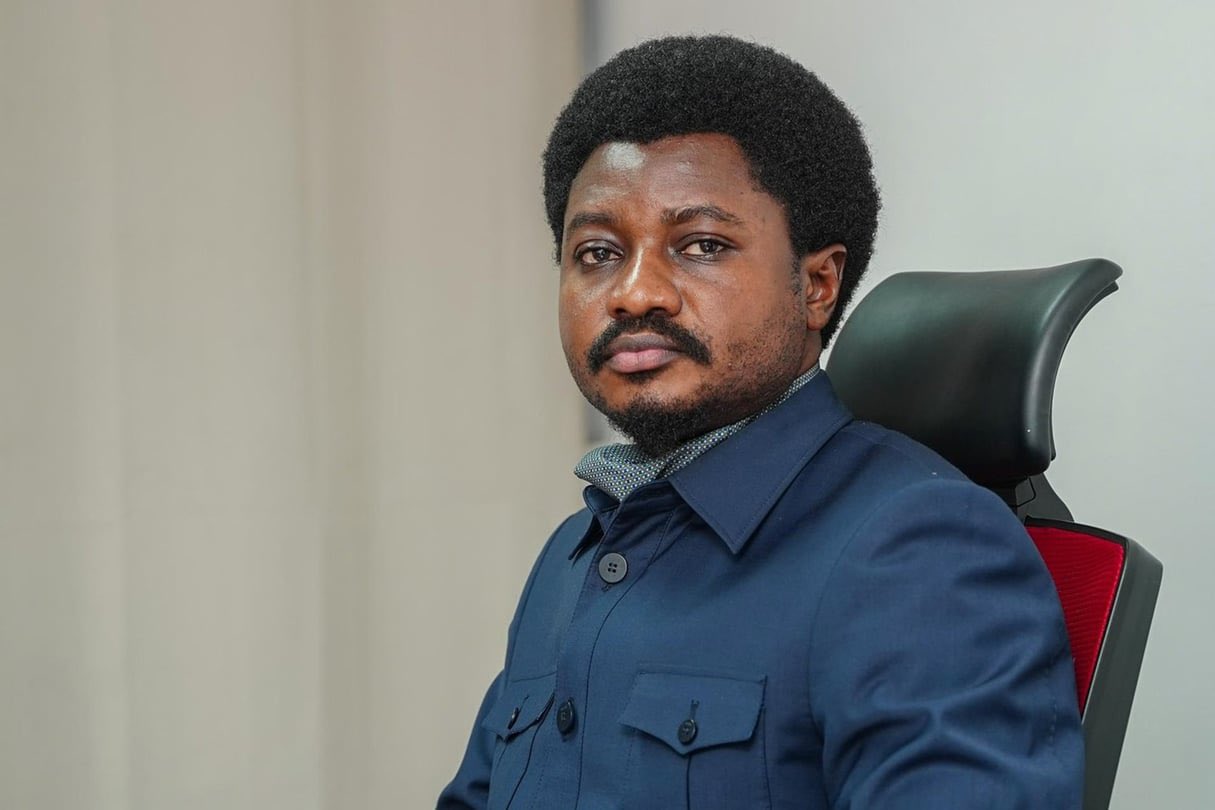
Prosecutors argued that the money was diverted from a fund intended to pay reparations to victims of the 2000 clashes between Ugandan and Rwandan troops during the Second Congo War.
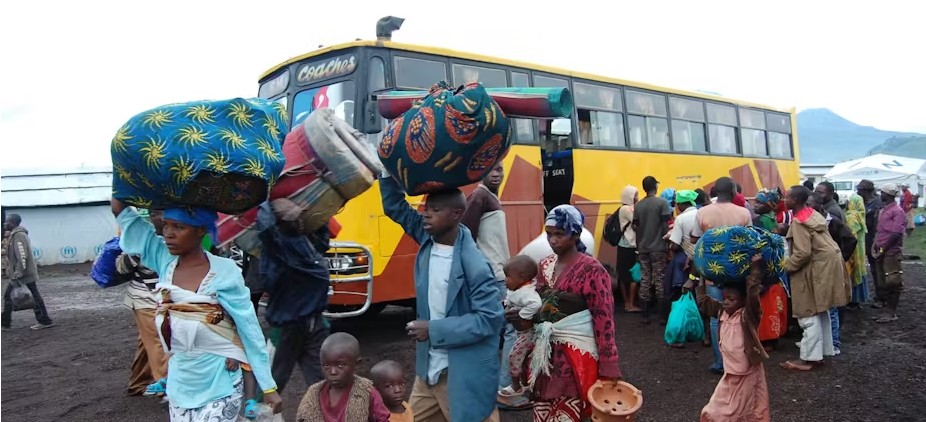
The conflict in eastern DRC has escalated, displacing over 7.8 million people and leaving 28 million more facing food insecurity, nearly four million of them at emergency levels.

Islamic State’s Central African Province may appear to be resurging after its latest civilian attacks, but the violence more likely reflects a rebound from years of military setbacks.
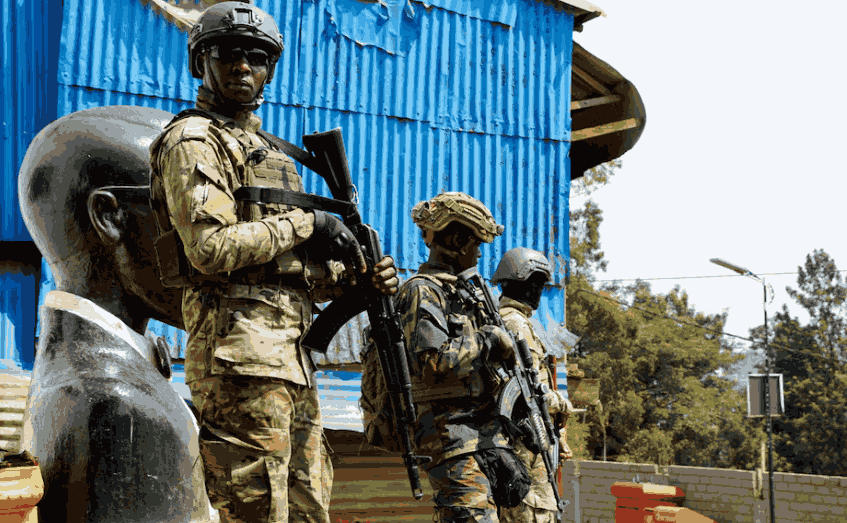
The two delegations had arrived in Doha to revive a truce signed earlier this year that had not been fully implemented.
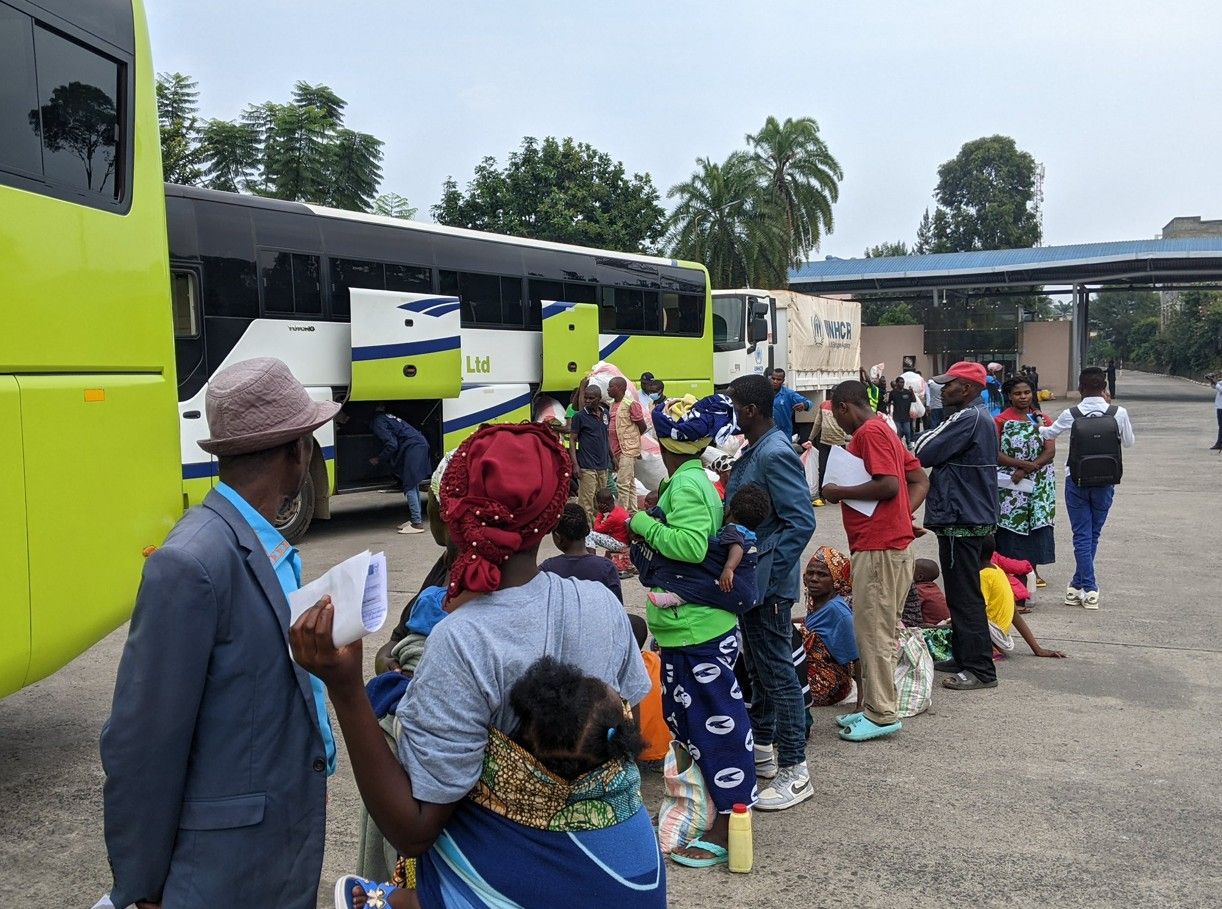
As of May 2023, more than 208,000 Rwandan refugees were hosted in the DRC, while an estimated 81,000 Congolese refugees lived in Rwanda.
Trending


